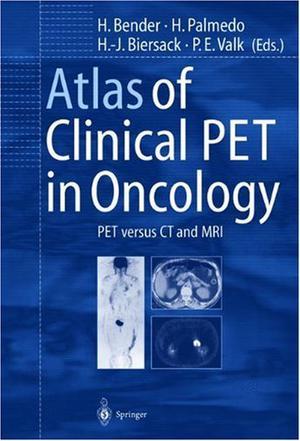Will PET/CT Pick Up Oral Cancer Lung Metastases? Exploring the Diagnostic Capabilities and Implications
Guide or Summary:Understanding PET/CT ImagingOral Cancer and Its Metastatic PotentialWill PET/CT Pick Up Oral Cancer Lung Metastases?Clinical Implications o……
Guide or Summary:
- Understanding PET/CT Imaging
- Oral Cancer and Its Metastatic Potential
- Will PET/CT Pick Up Oral Cancer Lung Metastases?
- Clinical Implications of PET/CT in Oral Cancer Management
**Translation of "will pet/ct picj up oral cancer lung metastases":** Will PET/CT pick up oral cancer lung metastases?
Understanding PET/CT Imaging
Positron Emission Tomography (PET) combined with Computed Tomography (CT) is a powerful imaging technique that provides detailed information about the metabolic activity and anatomical structure of tissues within the body. This dual-modality imaging is particularly valuable in oncology, as it helps in the detection, diagnosis, and monitoring of various cancers, including oral cancer and its potential metastases to the lungs.

Oral Cancer and Its Metastatic Potential
Oral cancer, which includes cancers of the lips, tongue, cheeks, and floor of the mouth, can be aggressive and has the potential to metastasize to distant sites, including the lungs. The prognosis for patients with oral cancer significantly worsens when metastases occur, making early detection crucial for effective treatment. Understanding whether PET/CT can identify these lung metastases is vital for clinicians and patients alike.
Will PET/CT Pick Up Oral Cancer Lung Metastases?
The question of whether PET/CT will pick up oral cancer lung metastases is critical in the management of patients diagnosed with oral malignancies. PET scans utilize radioactive tracers that highlight areas of increased metabolic activity, which is often indicative of cancer. CT scans provide detailed anatomical images that can help in localizing tumors. When used together, these imaging modalities can enhance the detection of metastases.
Studies have shown that PET/CT is effective in detecting pulmonary metastases from various cancers, including oral cancer. The sensitivity of PET imaging in identifying lung metastases is generally high, especially when the lesions are larger than 1 cm. However, smaller lesions may sometimes be missed, emphasizing the need for a comprehensive approach that includes clinical evaluation and possibly additional imaging techniques.

Clinical Implications of PET/CT in Oral Cancer Management
The ability of PET/CT to pick up oral cancer lung metastases has significant clinical implications. Early detection of metastases can lead to timely interventions, which may include surgery, radiation therapy, or systemic treatments. This can potentially improve survival rates and the quality of life for patients.
Furthermore, PET/CT can also be beneficial in assessing treatment response. By comparing pre- and post-treatment scans, healthcare providers can determine the effectiveness of the ongoing therapy and make necessary adjustments. This personalized approach to cancer treatment is crucial in managing complex cases of oral cancer with lung involvement.
In conclusion, the question "Will PET/CT pick up oral cancer lung metastases?" underscores the importance of advanced imaging techniques in the early detection and management of metastatic disease. As research continues to evolve, the role of PET/CT in oncology will likely expand, providing even greater insights into the behavior of cancers and improving patient outcomes. For individuals diagnosed with oral cancer, understanding the potential for lung metastases and the capabilities of PET/CT imaging can empower them to make informed decisions about their treatment options and overall care.

In summary, PET/CT is a valuable tool in the fight against oral cancer, particularly in identifying lung metastases, and its utilization in clinical practice can lead to better management strategies and improved prognoses for patients.